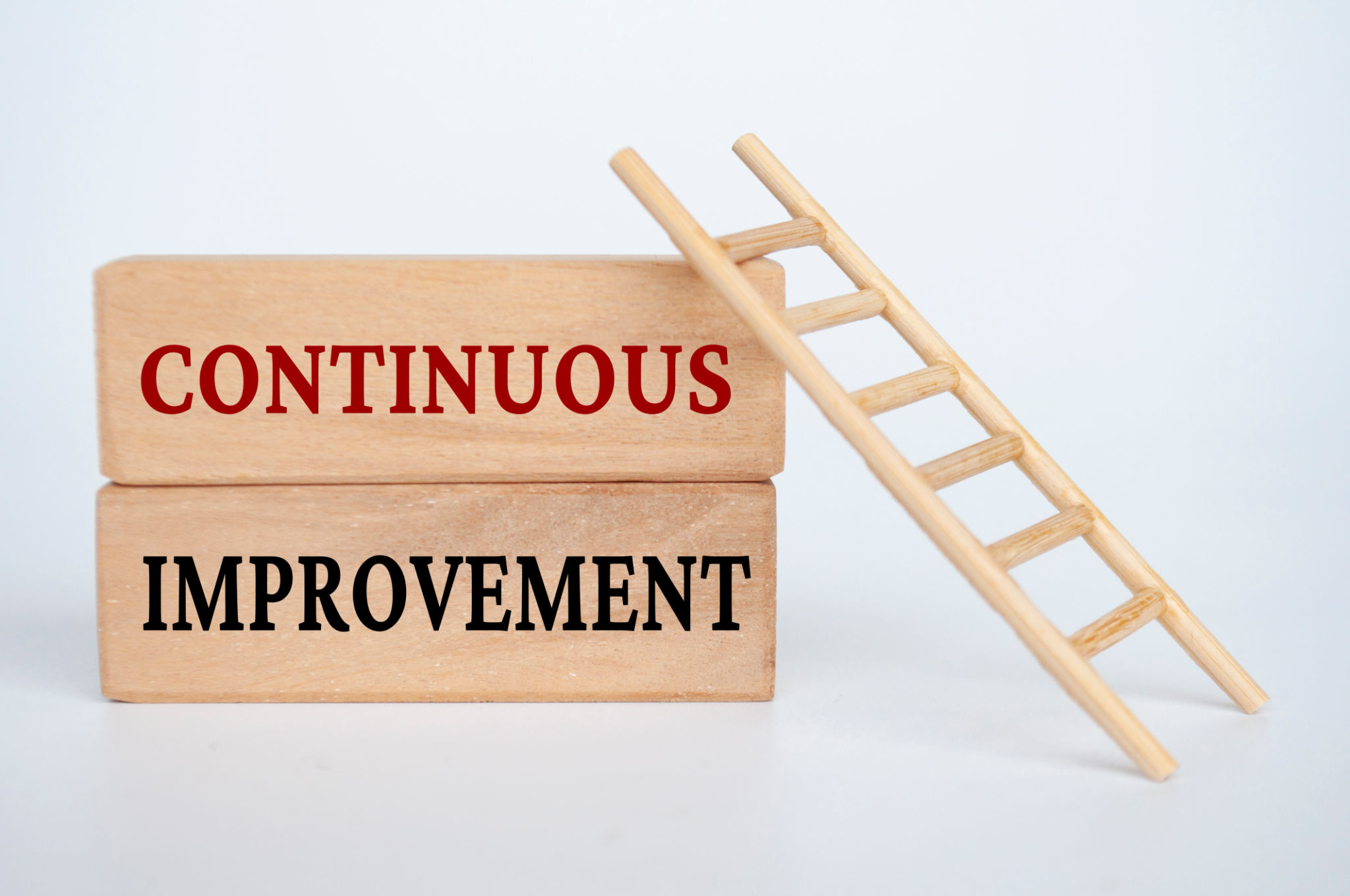Mastering Project Management: A Comprehensive Guide for IT Consultants
Understanding the Basics of Project Management
Project management is an essential skill for IT consultants, who often juggle multiple projects simultaneously. It involves planning, executing, and overseeing projects to achieve specific goals within a set timeframe. Understanding the basic principles of project management is crucial for delivering successful outcomes. Key components include defining project scope, setting objectives, and managing resources effectively.
Effective project management ensures that projects are completed on time and within budget, which is vital for maintaining client satisfaction and building a strong reputation. By mastering these skills, IT consultants can enhance their ability to manage complex projects and navigate challenges that may arise.

Essential Project Management Tools
Utilizing the right tools can significantly enhance your efficiency as a project manager. Many software options are available to streamline project management tasks. These tools often include features for task management, collaboration, and tracking progress. Popular options include:
- Trello: A flexible tool for visualizing tasks and workflows.
- Asana: Offers task assignment, project timeline, and progress tracking.
- Jira: Ideal for managing software development projects with agile methodologies.
Choosing the right tool depends on your specific needs and the nature of the projects you handle. The key is to find a solution that enhances communication and facilitates seamless project execution.
Strategies for Effective Time Management
Time management is a critical aspect of project management. For IT consultants, balancing multiple projects requires a structured approach to managing time effectively. One popular method is the Pomodoro Technique, which involves working in short, focused bursts with regular breaks. This technique can increase productivity and help maintain focus throughout the day.
Another strategy is to prioritize tasks using the Eisenhower Matrix, which categorizes tasks based on urgency and importance. This approach allows consultants to focus on high-priority tasks while delegating or postponing less critical activities.

Risk Management in IT Projects
Risk management is an integral part of project management, particularly in the IT sector where technology and requirements can rapidly change. Identifying potential risks early in the project lifecycle allows consultants to develop mitigation strategies and minimize negative impacts.
Common risks in IT projects include scope creep, cost overruns, and technical challenges. By conducting regular risk assessments and maintaining open communication with stakeholders, consultants can proactively address issues before they escalate.
Enhancing Communication and Collaboration
Successful project management hinges on effective communication and collaboration among team members. Clear communication channels ensure that everyone is aligned with project goals and aware of their responsibilities. Regular meetings and updates can help keep the team on track.

Leveraging collaborative tools like Slack or Microsoft Teams can facilitate seamless communication, especially in remote work environments. These platforms allow for real-time messaging, file sharing, and video conferencing, making it easier to coordinate efforts and resolve issues promptly.
The Role of Leadership in Project Management
Leadership plays a crucial role in guiding projects to successful completion. As an IT consultant leading a project, it's important to inspire and motivate your team while providing clear direction. A strong leader fosters a positive work environment where team members feel valued and empowered to contribute their best work.
Effective leaders also exhibit adaptability, making informed decisions when faced with unexpected challenges. By demonstrating confidence and resilience, leaders can instill trust in their team and clients alike.
Continuous Improvement in Project Management
A commitment to continuous improvement is essential for mastering project management. After each project, conducting a thorough review of what worked well and what could be improved is beneficial. This process helps identify lessons learned and areas for growth.

By fostering a culture of learning and adaptation, IT consultants can continually refine their project management skills. Staying updated with industry trends and best practices ensures that consultants remain competitive in an ever-evolving field.